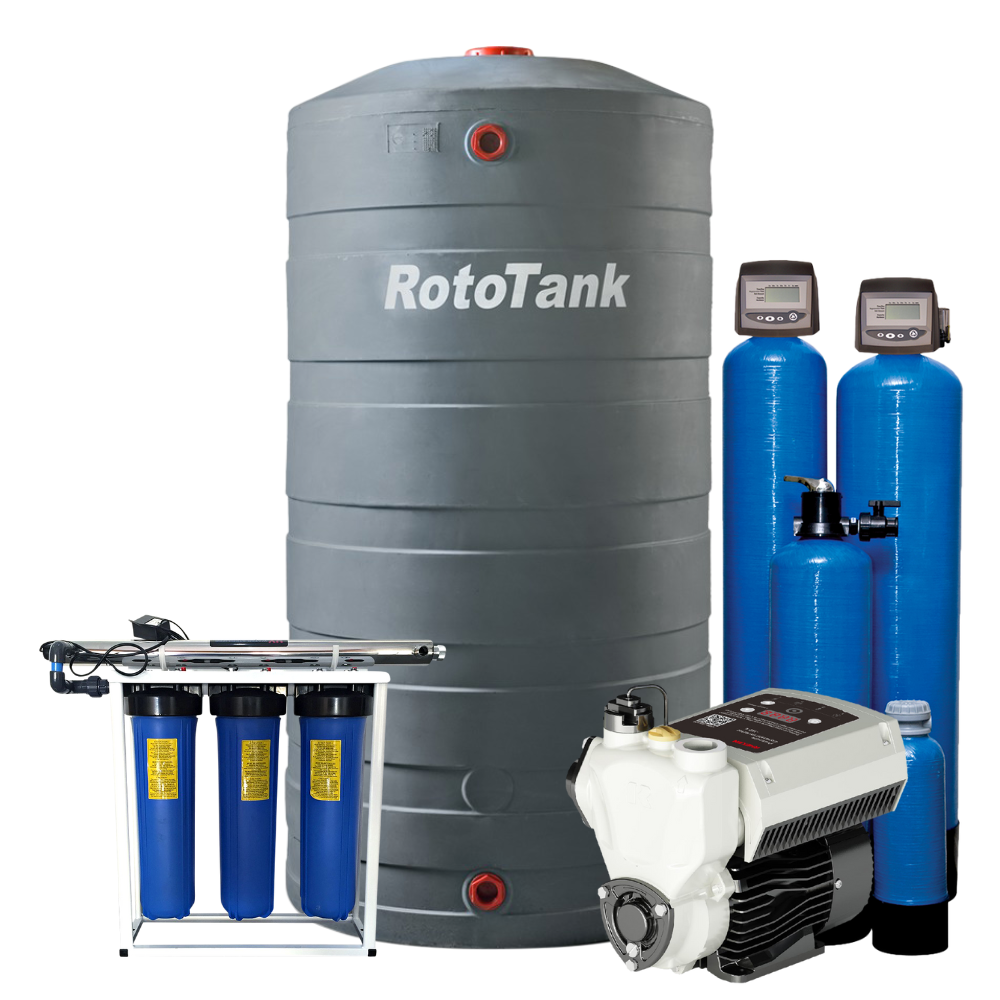
Water is essential for all aspects of life, from drinking and cooking to sanitation and agriculture. However, water scarcity and contamination are significant challenges faced by many communities around the world. In order to ensure water security, it is crucial to have reliable backup water supply systems in place. These systems can help mitigate the impact of water shortages, infrastructure failures, and natural disasters, ensuring that communities have access to clean and safe water at all times.
The Role of Backup Water Supply Systems
Why are Backup Water Supply Systems Important?
- Provide a reliable source of water during emergencies
- Ensure continuity of water supply in case of infrastructure failures
- Protect against contamination and pollution of water sources
- Support sustainable water management practices
Types of Backup Water Supply Systems
There are several types of backup water supply systems that communities can implement to enhance their water security. These include:
- Storage Tanks: Large tanks that store water for future use, providing a buffer during times of scarcity or interruption in supply.
- Rainwater Harvesting Systems: Collect rainwater from rooftops and store it for various uses, reducing reliance on mains water supply.
- Well Water Systems: Utilize groundwater from wells as an alternative water source, especially in rural areas with limited access to municipal water supply.
- Desalination Plants: Convert seawater or brackish water into freshwater through a desalination process, ensuring a sustainable source of clean water.
Challenges and Considerations
Challenges in Implementing Backup Water Supply Systems
- Cost: Installing and maintaining backup water supply systems can be expensive, especially for low-income communities.
- Technical Expertise: Requires specialized knowledge and skills to design and operate backup systems effectively.
- Regulatory Compliance: Compliance with regulations and permits may be necessary for certain types of backup water supply systems.
- Environmental Impact: Some systems, such as desalination plants, may have environmental implications that need to be carefully considered.
Considerations for Successful Implementation
- Community Engagement: Involving the community in the planning and decision-making process can help ensure support and sustainability of backup water supply systems.
- Resource Assessment: Conduct a thorough assessment of water resources and demand to determine the most appropriate backup system for the specific needs of the community.
- Maintenance and Monitoring: Regular maintenance and monitoring of backup water supply systems are essential to ensure their functionality and longevity.
- Integration with Existing Infrastructure: Seamless integration with existing water supply infrastructure can enhance the effectiveness of backup systems.
Case Study: Backup Water Supply System in Action
One example of a successful backup water supply system is the implementation of rainwater harvesting systems in a rural village in India. The village faced frequent water shortages and relied heavily on erratic rainfall for their water supply. By installing rooftop rainwater harvesting systems, the community was able to collect and store rainwater for drinking, cooking, and irrigation purposes. This initiative not only improved water security in the village but also reduced their dependence on external water sources and improved overall water management practices.
Key Takeaways
- Backup water supply systems play a crucial role in ensuring water security for communities.
- Various types of backup systems, such as storage tanks and rainwater harvesting, can be implemented to enhance water resilience.
- Challenges in implementing backup water supply systems can be overcome through careful planning, community engagement, and regular maintenance.
- Successful case studies, like the use of rainwater harvesting systems in rural villages, demonstrate the effectiveness of backup water supply systems in improving water security.
Conclusion
Water security is a fundamental aspect of community well-being and sustainable development. By investing in backup water supply systems, communities can better prepare for water-related challenges and ensure access to clean and safe water at all times. It is essential for governments, organizations, and individuals to prioritize the implementation of backup water supply systems as part of a comprehensive water security strategy. Together, we can build resilient and water-secure communities for a brighter future.
0 Comments